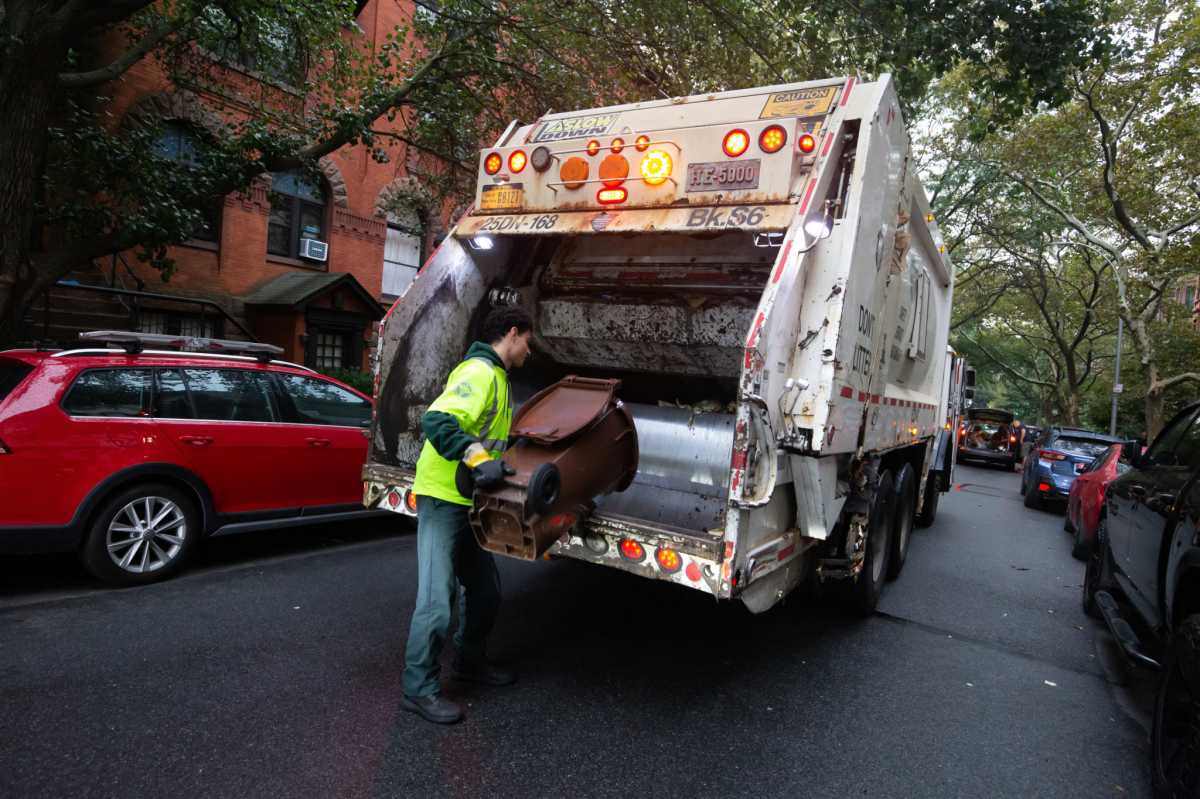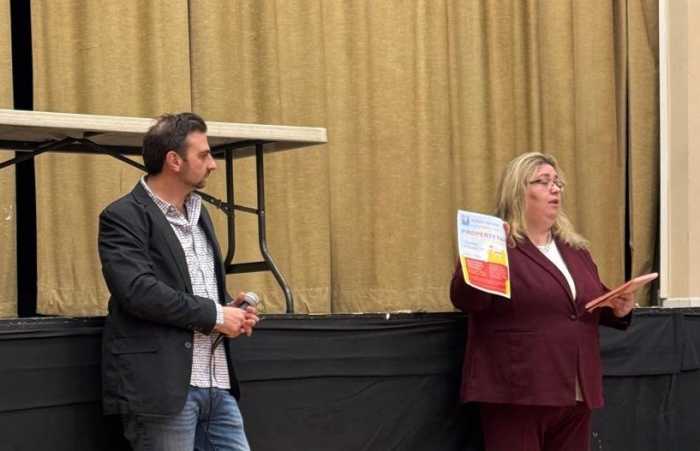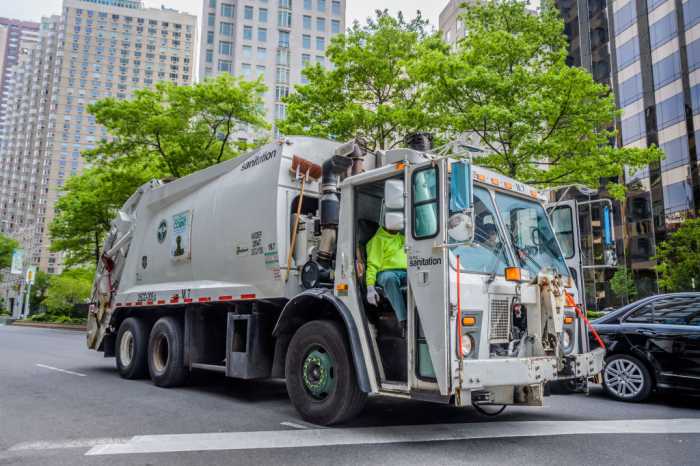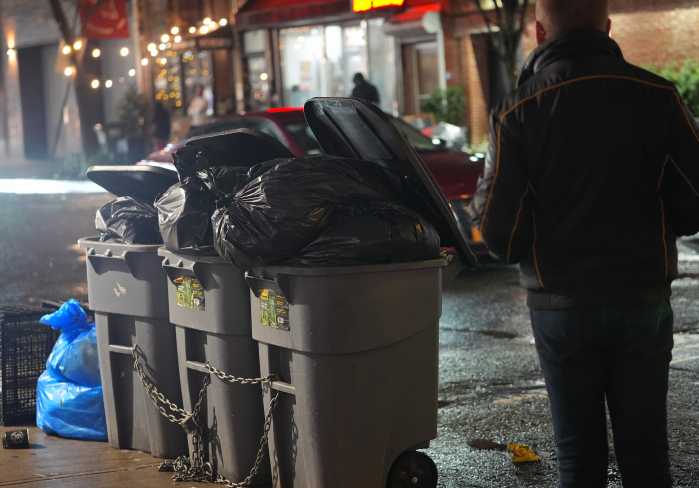New York City’s waste reduction efforts are entering a new phase this week, as the city’s sanitation agency begins enforcing mandatory composting laws with fines for non-compliance.
Starting today, April 1, residents must separate food waste from regular trash or risk a $25 fine from the Department of Sanitation (DSNY).
While the composting mandate officially went into effect in October 2024, a grace period was in place until this April, during which time residents were only warned and not penalized. With the grace period now over, enforcement begins, and fines will be levied to landlords and residents who fail to comply with the new guidelines.
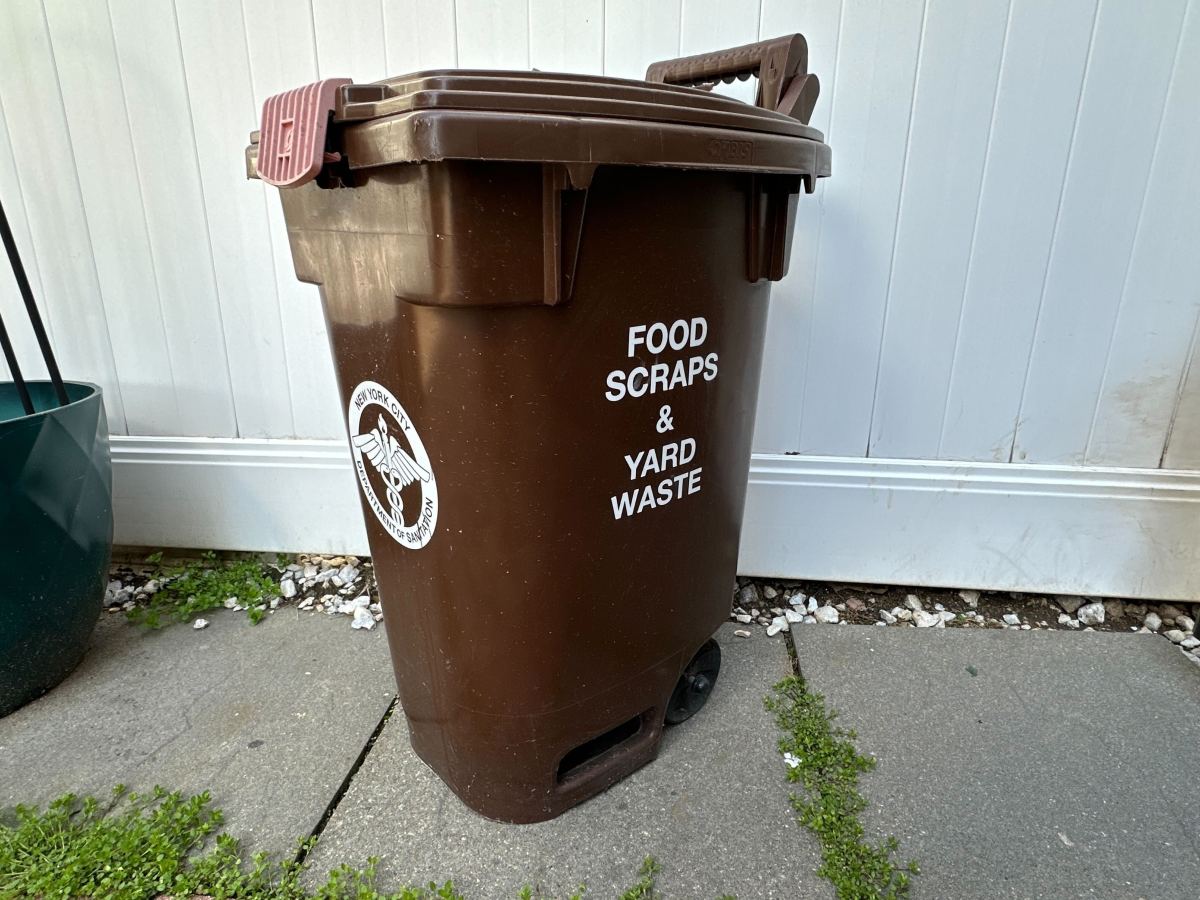
The DSNY has made a concerted effort to keep the rules straightforward for residents. All food waste, yard waste, and food-soiled paper products must be placed in designated compost bins on recycling day.
Composting materials include fruit scraps, vegetables, meat, bones, dairy, prepared food, napkins, paper towels, tea bags, coffee filters, and pizza boxes (provided they are clean). Yard waste, such as leaves and grass clippings, can also be composted, though food waste should only be mixed with yard waste in bins with secure lids.
Sanitation officials have emphasized that food-soiled paper, such as napkins and pizza boxes, are compostable and should not be thrown in the trash. Products labeled as “compostable” are also acceptable. The goal is to divert as much organic waste as possible from landfills to help reduce the city’s carbon footprint.
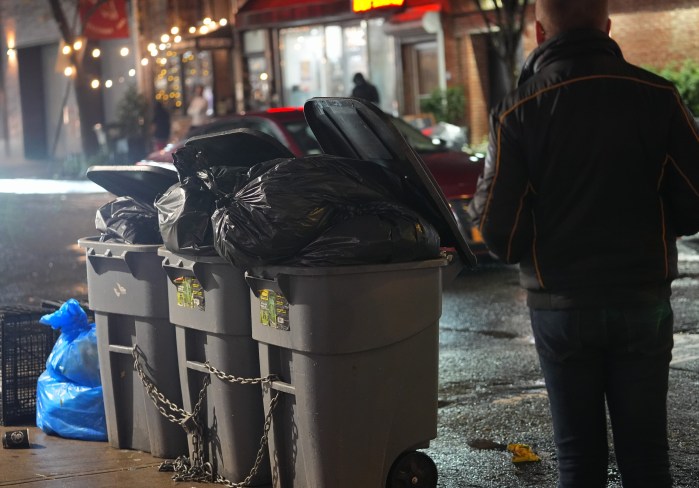
Landlords and property owners are subject to fines if they fail to comply with the composting mandate. For buildings with one to eight units, the first offense will result in a $25 fine, followed by a $50 fine for a second offense and a $100 fine for any subsequent violations.
Larger buildings with more than nine units face steeper penalties: $100 for the first offense, $200 for the second, and $300 for each additional violation.
Sanitation inspectors will be authorized to check trash bags for organic waste, and fines can be issued if food waste is found mixed with regular trash. This enforcement mechanism is not unique to New York City; similar systems are already in place in other cities worldwide.
Despite the city’s mandatory composting regulations, which have been in place since October, compliance has been low. Public data reveals that less than 5% of New York’s household organic waste is currently being diverted from landfills.
Sanitation officials are particularly concerned about participation rates in densely populated neighborhoods, where large buildings are often not equipped with compost collection bins, and tenants are not adequately informed about the program.
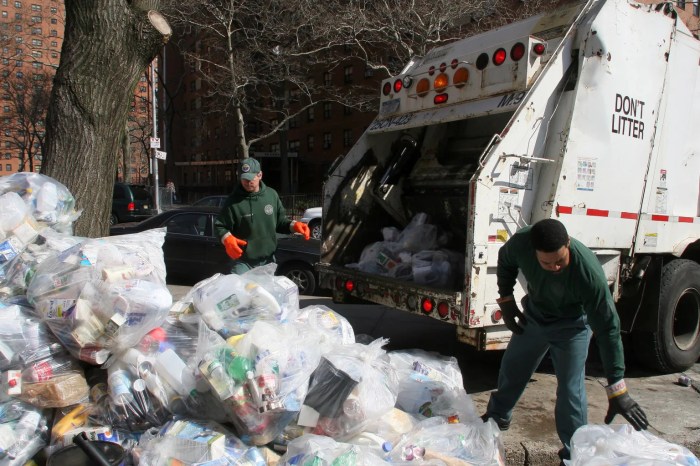
However, the city is hopeful that enforcement will drive higher participation. It took decades for New York City’s recycling rates to climb above 40%, and officials believe that with time, composting rates will improve as well.
The city’s composting program, which aims to reduce waste, cut greenhouse gas emissions, and help meet the city’s sustainability goals, has a long road ahead. Public education campaigns are expected to continue, and sanitation officials are urging all residents to get on board.
With enforcement now in full swing, the DSNY said they will be keeping a close eye on compliance. The penalty system is expected to incentivize more New Yorkers to participate in composting efforts. The city is optimistic that, over time, the new composting rules will become as ingrained as recycling, contributing to a cleaner, more sustainable New York City.

